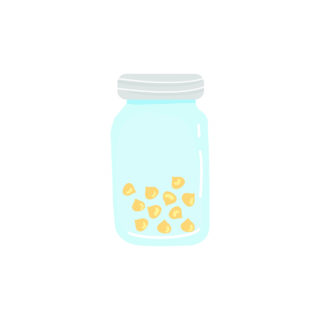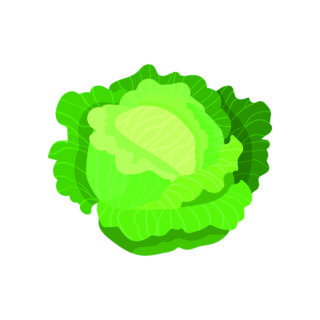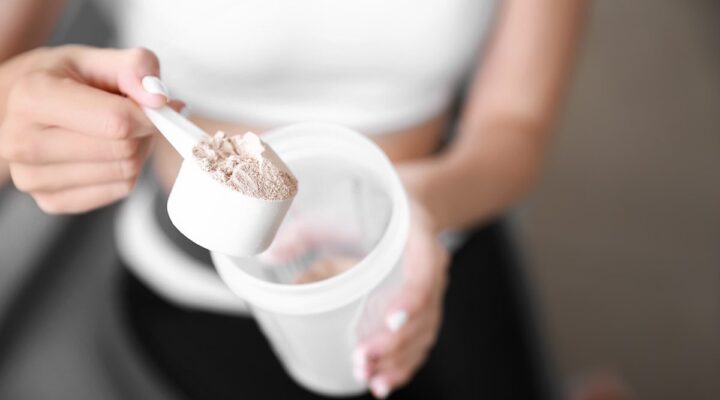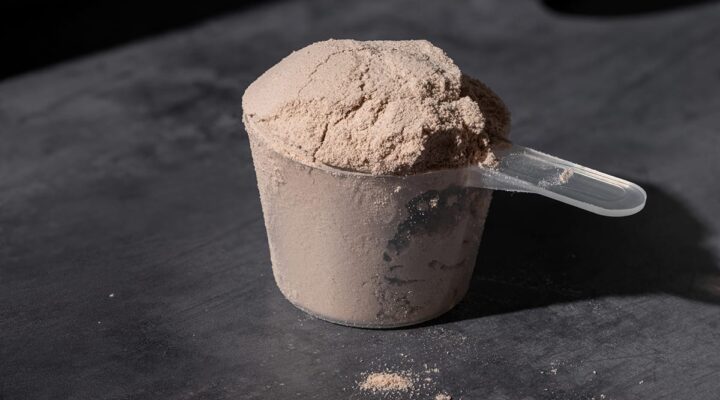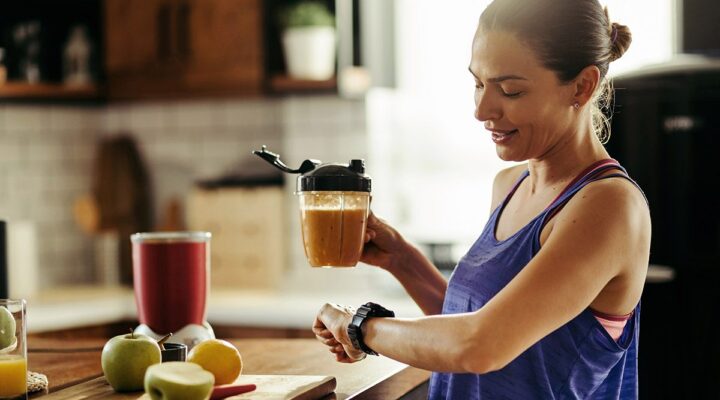12 of the Best Vegan Protein Sources
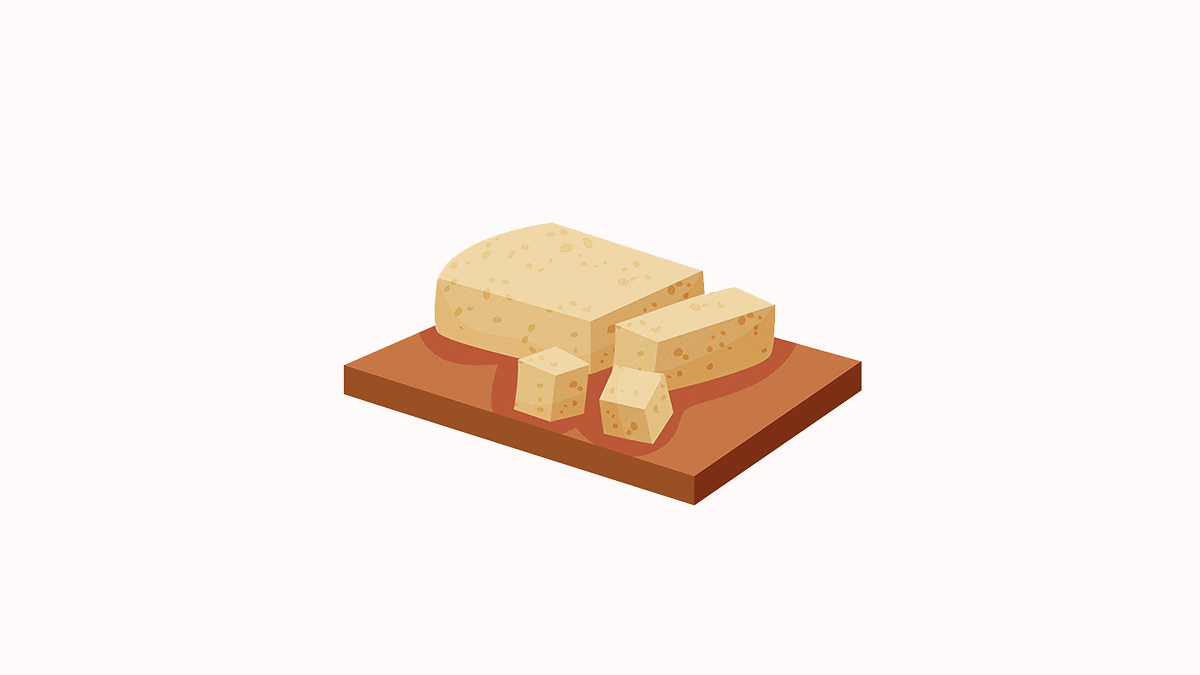
When it comes to protein, vegans shouldn’t feel like they’re being left out of the party. While a vegan protein powder can be a great way of making sure you’re getting all the protein you need into your diet, it’s not the only way a vegan can feed their body the all-important macronutrient.
Plants and seeds can provide more than sufficient amounts of protein to responsibly substitute for meat and dairy. The bulk of them also offer far superior nutritional profiles in terms of fibre, vitamins and minerals, not forgetting their relative ease of digestibility.
And regardless of the fact that many of the vegan protein sources you’ll see on this list are complete proteins with all 9 essential amino acids, it’s widely agreed that a cocktail of legumes, seeds, grains and vegetables needn’t be incorporated onto every plate to provide sufficient daily protein, granted that your diet spreads these different sources over the course of the day.
So whether you’re looking for new ingredients for your next plant-based feast, or are simply seeking inspiration for high-protein alternatives as you transition into a diet containing fewer animal products, read on for 12 of the very best sources of vegan protein.
Lentils
Protein per 100g: 25g (raw) 8.8g (cooked)
Lentils are nutritional powerhouses, containing around 18g of protein per cooked cup. Delicious in soups and dahls, or as a component of salads, one cup will also provide you with half your daily recommendation of fibre, while providing ample folate, manganese and iron, too. Grouped with beans as part of the legume family, lentils are extremely easily digested. The rule tends to be the smaller the bean, the easier to stomach.
 Tempeh
Tempeh
Protein per 100g: 20g (cooked)
Soybeans are extremely high in protein, providing the body with all the essential amino acids it needs. Tofu and tempeh are both made from soybeans, the former from bean curds pressed together much like how cheese is made, and the latter made by pressing together fermented soybeans into a patty. A portion of 85g of tempeh provides 15g of protein, and if you source it GMO-free and organic you’ll have no issues with what increasingly seems to be a blown out of proportion reporting of oestrogen imbalance.
Lupin Beans/Lupini Bean
Protein per 100g: 36g (raw) 16g (cooked)
Popular in traditional Mediterranean cooking, lupin or lupini beans are one of the highest sources of plant-based protein available at approximately 40% of their total nutritional split and 26g per cup. Closely related to peas, the bright yellow legume has a bitter taste thanks to the alkaloids in them, but boast excellent bioavailability so that impressive protein content doesn’t go to waste.
Other beans and legumes
Protein per 100g (kidney beans): 23g (raw) 8.7g (cooked)
Beans of the pinto, kidney and garbanzo (aka chickpeas) variety are all great protein sources that have been shown to be especially beneficial for feeding our gut bacteria. Per cooked cup, you’ll find in the region of 15g for most types, plus a host of beneficial plant compounds and minerals.
As we’ve mentioned, the smaller the bean, the easier to digest, which is why the yellow split pea – with its 9 essential amino acids – is a preferable choice in tasty dahls. But breaking down chickpeas into hummus is also a great way to improve the digestion of these vegan protein sources. Check out our savoury recipe ebook for several great hummus recipes to try.
Hemp seeds
Protein per 100g: 32g
Hemp is something of a vegan poster child, and for many more reasons than its seeds’ protein. Being a weed, hemp grows without the need for much water compared to most other plants (and indeed animals) and with no pesticides. It also takes up relatively little land, is biodegradable, and virtually every part of the plant can be used (for everything from paints to textiles).
Nutritionally-speaking, as much as 25% of total calories from hemp seeds come from high-quality protein (complete with all 9 essential amino acids). This is more than both chia and flax seeds – which are around 16-19% protein – and translates to 11g of protein from a 30g serving. They also provide a great ratio of Omega 3:6; 3:1 rather than the rather more inflammatory 20:1 consumed in many modern diets.
Note that it’s best to eat hemp seeds raw, as their oil is prone to rancidity and you’ll get the most of their benefits in raw form.

Chia Seeds
Protein per 100g: 17g
Chia seeds are, too, a complete protein, boasting all 9 essential amino acids. The minuscule seeds are packed full of fibre and are another great source of omega 3s.
Though you might have come across chia seeds sprinkled on salads and porridges, they should ideally be soaked before consuming, preferably overnight. They absorb an immense amount of water and eating them raw has the potential to absorb that which is in your system, in turn slowing down digestion and requiring you to drink a lot of water to balance out the effects.
Consider then, incorporating them into your overnight oats with your plant-based milk and vegan protein powder of choice, or consuming as delicious chia pudding, a recipe for which you can find here.
Quinoa
Protein per 100g: 14g (cooked) 4.4 g (cooked)
Quinoa is yet another complete protein source, with a total protein content of 13.8%. One cup of the ancient South American seed contains around 8g of protein.
And yes, you read that correctly – contrary to what you may have thought thanks to its common use as a rice alternative, quinoa is technically a seed. It’s also related to beetroot, spinach and chard, and its leaves can be prepared and eaten in a similar way.
Leafy Greens
Protein per 100g (kale): 2.9g (cooked and raw)
As vegan protein sources go, vegetables are often overlooked. But leafy greens contain bioavailable and assimilable proteins, and it’s important to remember that just because something is high in protein doesn’t mean you’ll be able to digest it properly and use it efficiently.
So, though the protein content of leafy greens such as kale, spinach, watercress and cabbage may not look like much on paper, their superior digestibility make for an easy way to boost your daily protein intake. As well as making sure your meals boast a considerable portion of leafy greens, you can also add them to shakes such as in this Supergreen Smoothie recipe.
Spirulina
Protein per 100g: 57g
Nutrient-dense spirulina is a blue-green algae that’s lauded for many more health benefits than protein alone. But with as much as 60% of its dry weight attributed to protein, it’s a far richer source than most plants.
In addition to 2 tbsp providing 8g of easily digested complete protein, its phycocyanins – which have powerful antioxidants and anti-inflammatory properties – are key for aiding athletic performance and general health functioning alike.
As spirulina absorbs toxins from its environment, questions have been raised as to contamination within different variations. Indeed, traces of heavy metals such as lead, mercury and arsenic have been reported in products from China, where the water is prone to contamination. For a purer strain, opt instead for the Hawaiian kind.
Brown Rice
Protein per 100g: 7.5g (raw) 2.7g (cooked)
With such a plethora of great-tasting vegan dishes (curries, chillies, salads) lending themselves to some form of grain base, it can be daunting to omit rice altogether. Though quinoa provides a high-protein substitute that’s texturally not alien, brown rice also boasts an admirable 5.5g of protein per cooked cup. And unlike white rice, the brown variety isn’t stripped of its bran, making for a more fibrous, vitamin and mineral-rich grain.
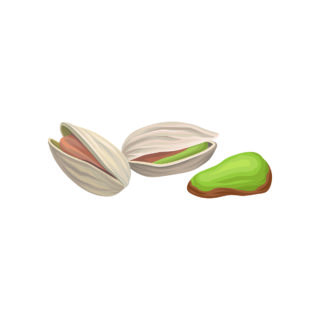
Seed and Nut Butters
Protein per 100g (almond butter): 21g
Full of monounsaturated (good) fat, seed and nut butters boast generous helpings of protein. Made at home, these spreads and smoothie additions needn’t contain any more than one ingredient in its raw or roasted form, blended for approximately 10 minutes.
That being the case, seed and nut butters boast all the protein of their key ingredient; 9.6g per 28g of sunflower seeds, 9g per 28g of peanuts, 7g per 28g of pumpkin seeds, and 6g per 28g of almonds or pistachios. Raw butters tend to be superior in terms of reaping all the nutritional benefits, except for peanuts which have to be cooked.
Oats
Protein per 100g (oat bran raw): 17g
In the macronutrient stakes, oats are most commonly considered a carbohydrate, and indeed 66% of their dry weight is made up of carbs. But 11-17% of oats are a source of quality protein, higher than most other grains.
Most often consumed at breakfast in rolled or steel-cut form, oats have long been hailed as a kitchen cupboard stalwart for healthy eating in part because of the beta-glucan that makes them so satiating.
They’re also extremely versatile, and you’ll find plenty of porridge and overnight oats recipes which can be infused with vegan protein powders on our Recipes page.
_
Form’s vegan protein powders provide between 20-30g of multi-source plant-based protein per serving. Made from a mix of organic pea, rice, hemp and algae proteins, incorporating into shakes and bakes or mixing with select ingredients listed above is a hassle-free way to ensure you’re reaching your daily nutrition needs on a plant-based diet.



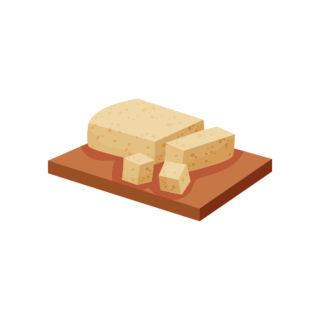 Tempeh
Tempeh